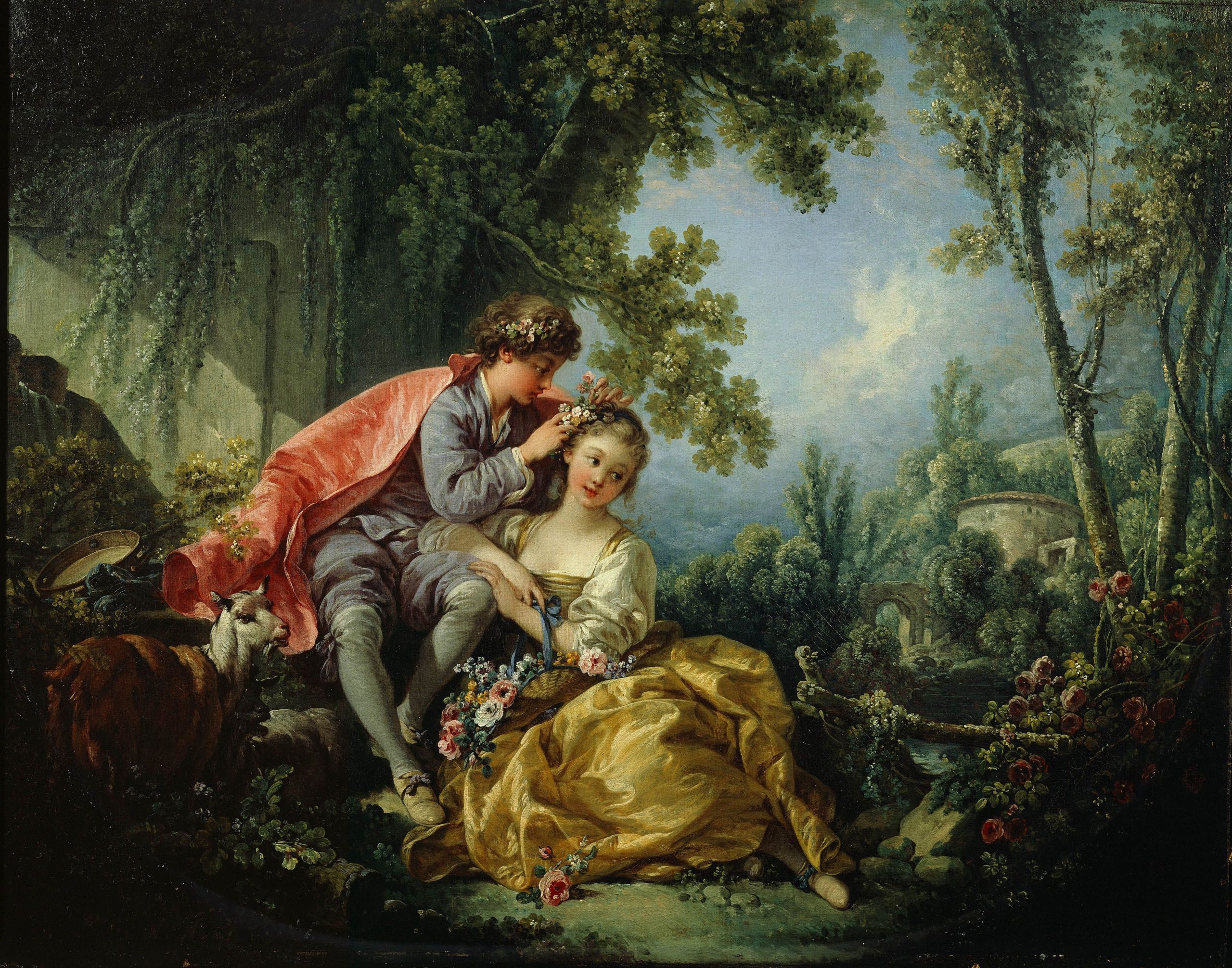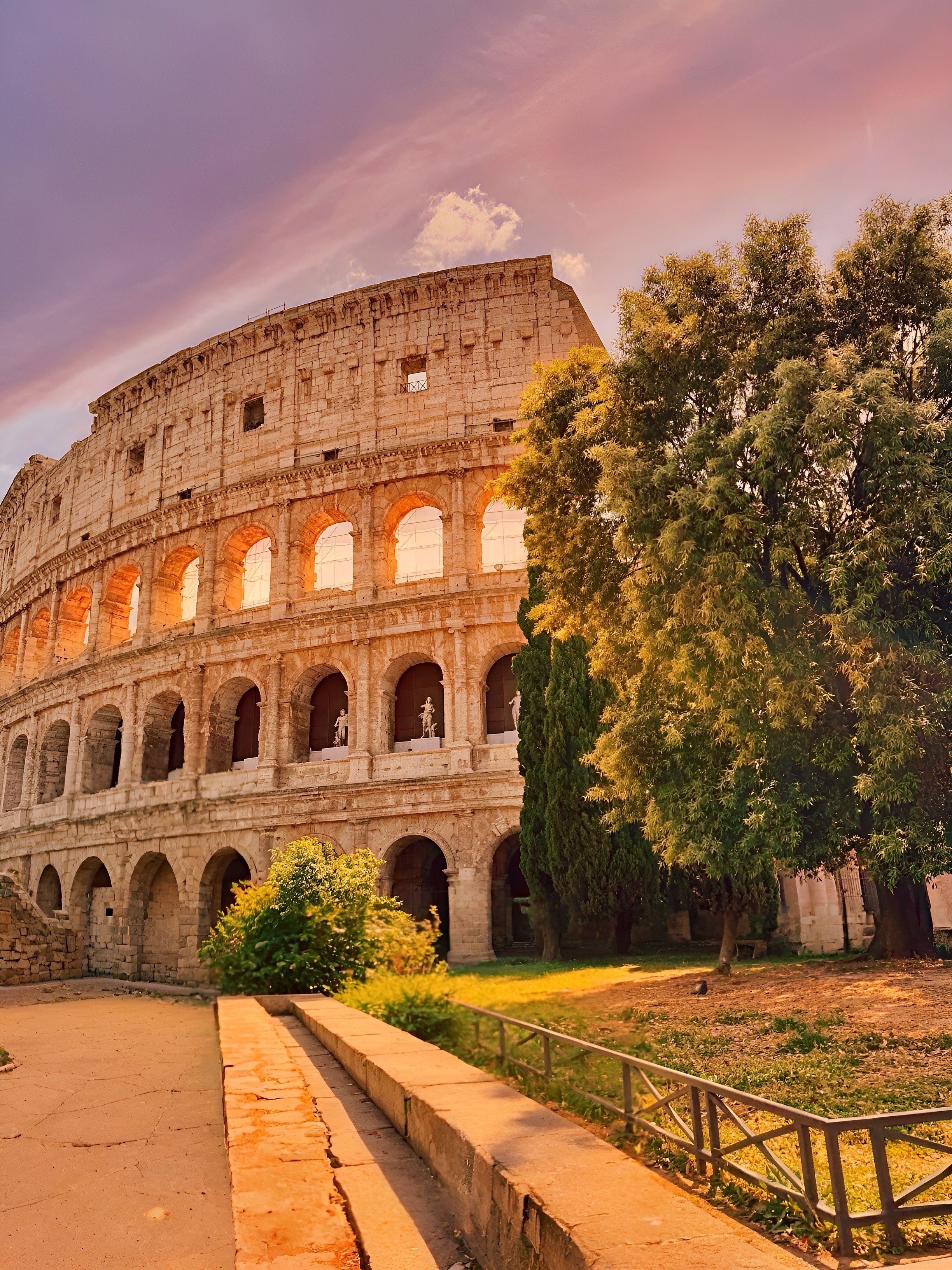When I think about the books that have shaped my life, it’s not just about the stories themselves but how they’ve shifted my perspective on the world. The art of storytelling is a powerful tool, one that goes beyond mere entertainment and delves into the realm of shaping our worldviews. It is through literature that we often find a mirror reflecting our own experiences, or a window into lives vastly different from our own.
Growing up, I was the kid who always had a book in hand, often losing myself in stories of far-off lands and adventures. One of the first books that left a lasting impression on me was “To Kill a Mockingbird” by Harper Lee. It was assigned in school, and like many teenagers, I was skeptical of anything that came with an obligation. But as I turned the pages, I realized it wasn’t just a story about racial injustice in the American South. It was a lesson in empathy, courage, and moral integrity. Atticus Finch taught me about standing up for what is right, even when it’s difficult, while Scout’s innocence and curiosity mirrored my own youthful desire to understand the world around me.
This is the magic of storytelling. It takes us by the hand and leads us through experiences we might never encounter in our everyday lives. It challenges us to question our beliefs, to empathize with characters who might be very different from us, and to see the world through their eyes. It’s no surprise that literature is such a central part of education systems around the world. Through stories, we learn about history, culture, and the human condition.
Consider the impact of a book like “1984” by George Orwell. Though written in 1949, its themes about surveillance, government control, and the manipulation of truth continue to resonate today. It’s a stark reminder of the importance of freedom and privacy, and it encourages readers to be vigilant about the world they live in. Similarly, novels like “The Handmaid’s Tale” by Margaret Atwood offer powerful commentaries on gender and power dynamics, urging readers to reflect on societal norms and their implications.
But it’s not just about the big, heavy themes. Storytelling also enriches our lives in smaller, more personal ways. A lighthearted romance might teach us about the complexities of relationships, while a fantasy epic can remind us of the value of friendship and bravery. Even the most seemingly simple stories can hold profound truths.
What I find truly remarkable is how literature can connect people across time and space. A story penned centuries ago can resonate with a reader today, transcending the boundaries of language and culture. When we share stories, we share a part of ourselves, creating a tapestry of human experience that binds us together.
In a world that often feels divided, storytelling offers a way to bridge the gaps. It’s a reminder that despite our differences, we all share the same hopes, fears, and dreams. As I reflect on the stories that have influenced me, I’m reminded of the power of literature to shape our worldviews, one page at a time. And in that, there’s a comforting sense of connection and understanding that I cherish deeply.




